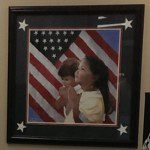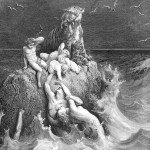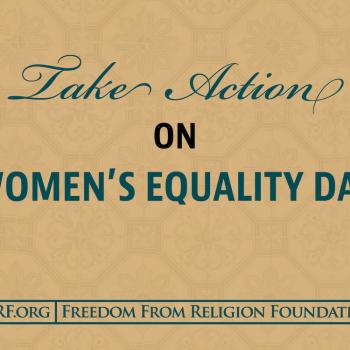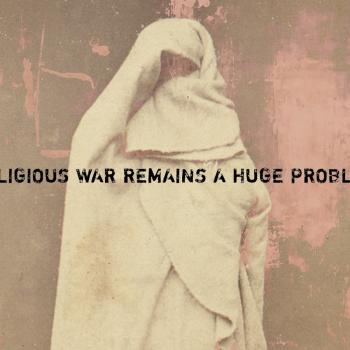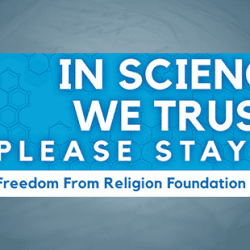George Washington
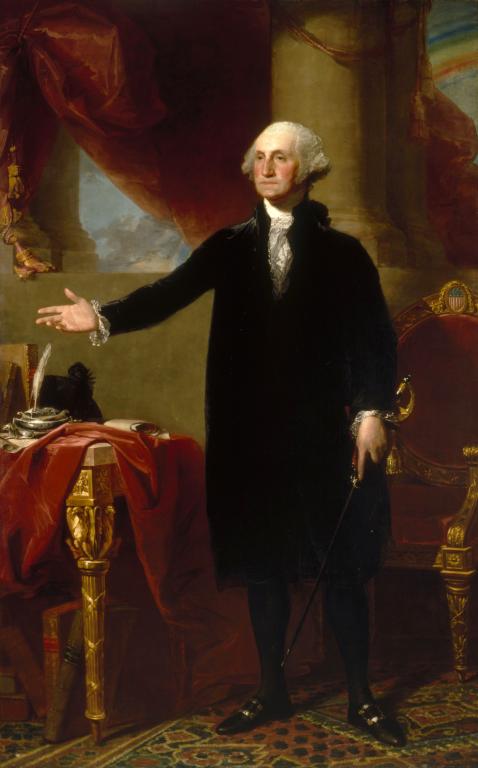
“It is the duty of all nations to acknowledge the providence of Almighty God, to obey His will, to be grateful for His benefits, and humbly to implore His protection and favor.” – George Washington
VERDICT: Deliberately Altered to look like Washington’s personal views
“Whereas it is the duty of all Nations to acknowledge the providence of Almighty God, to obey his will, to be grateful for his benefits, and humbly to implore his protection and favor—and whereas both Houses of Congress have by their joint Committee requested me to recommend to the People of the United States a day of public thanksgiving and prayer to be observed by acknowledging with grateful hearts the many signal favors of Almighty God especially by affording them an opportunity peaceably to establish a form of government for their safety and happiness.” – George Washington
Notice the important differences. Washington capitalized “Nations” as well as “Almighty God.” Washington did not capitalize “His” because he was not referring to the Christian god, or any specific god. The proclamation is clearly not Christian. Here’s the original document and an accurate transcription of the document.
Washington issued this proclamation at the behest of Congress on October 3, 1789, two years before the First Amendment, which prohibits Congress from making laws respecting religion, was part of our Constitution. New Jersey, the first state to ratify the amendments, would not do so for another seven weeks (Nov. 20 1789). Ten more states would ratify the amendments over the next two years before they officially became part of the Constitution.
A few weeks after issuing the proclamation Congress foisted upon him, Washington responded to a letter from Presbyterian Ministers in Massachusetts and New Hampshire expressing their disappointment in the absence of “some Explicit acknowledgement of the only true God and Jesus Christ, whom he hath sent inserted some where in the Magna Charta [Constitution] of our country” and approval for the proclamation deceptively quoted by Hobby Lobby. In his November 2, 1789 response, Washington observed “that the path of true piety is so plain as to require but little political direction. To this consideration we ought to ascribe the absence of any regulation, respecting religion, from the Magna-Charta of our country.” He continued, writing of piety, “To the guidance of the ministers of the gospel this important object is, perhaps, more properly committed.”
Washington thought that religion was best left to the private sphere. He agreed with the godlessness of our Constitution. The government would “give every furtherance” to “morality and science,” which might incidentally advance religion, but religion would be left to each individual.
Source: George Washington, Thanksgiving Proclamation (Oct. 3, 1789). More information on Washington’s personal religious beliefs, as evidenced by his actions.

